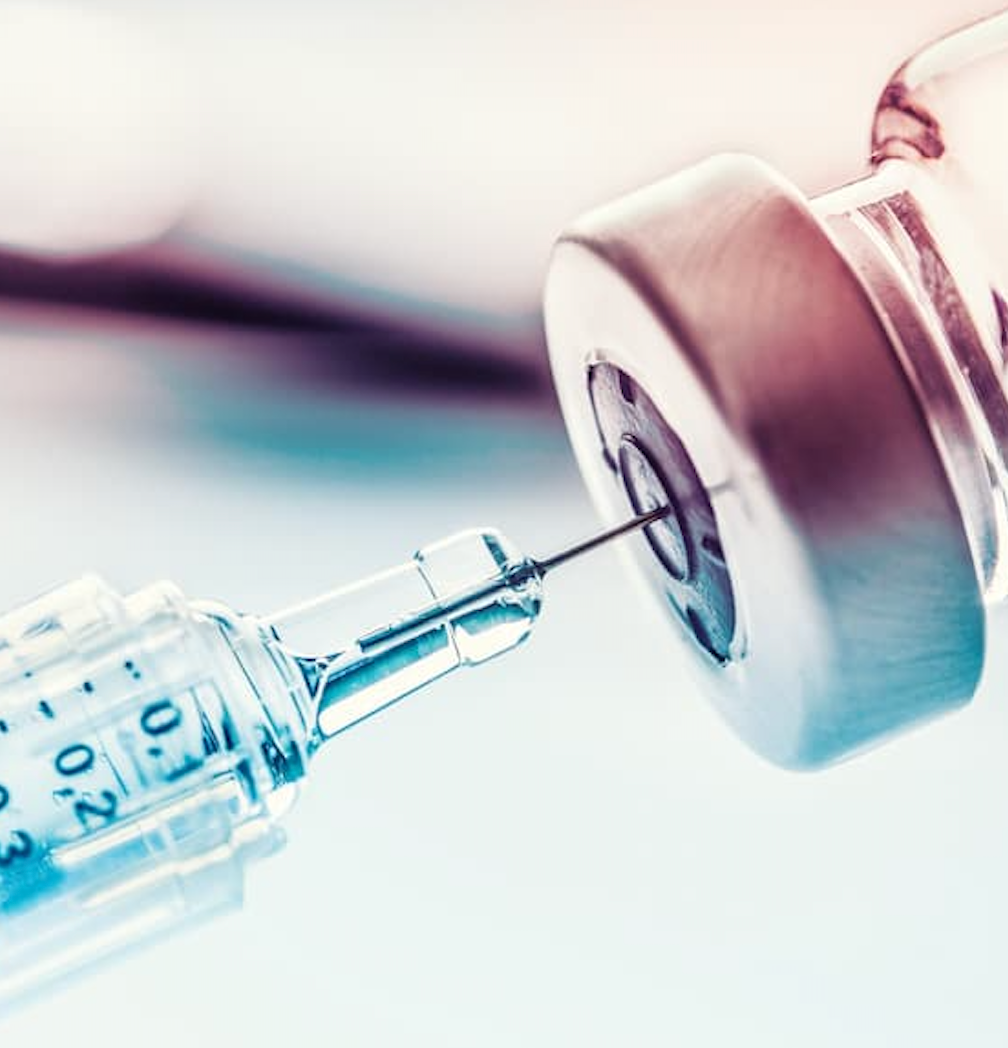Article
Adalimumab Biosimilar MSB11022-Acetate Demonstrates Pharmacokinetics Equivalence
Author(s):
The primary pharmacokinetic analysis proved equivalence between MSB11022-acetate and adalimumab.
Pharmacokinetics equivalence of the adalimumab biosimilar, MSM11022- acetate, was proven to be comparable in terms of safety, tolerability, and immunogenicity when compared with the United States reference product.1 Investigators noted that the results of this study add to the evidence supporting the drug as a potential adalimumab biosimilar.
Credit: Adobe Stock/weyo

According to the Cardinal Health 2023 Biosimilars Report, all gastroenterologists surveyed were at least somewhat comfortable with prescribing biosimilars to their patients, with most (86%) stating that they were very comfortable.2
Adalimumab, a recombinant fully human monoclonal immunoglobulin G1 antibody, is used to treat a variety of autoimmune diseases. The biosimilar MSB11022 has demonstrated equivalent efficacy and pharmacokinetics, as well as shown to have comparable safety and immunogenicity to the European reference adalimumab, and was approved in Europe in a citrate buffer formulation in 2019.
“An acetate buffer formulation of MSB11022 (MSB11022-acetate) has been developed for introduction in the United States,” wrote Joëlle Monnet, MSc, Fresenius Kabi SwissBioSim GmbH, and colleagues.
“This study compared the pharmacokinetics, safety, tolerability, and immunogenicity profiles of MSB11022-acetate versus the United States reference adalimumab and MSB11022.
In a randomized, double-blind, 3-arm parallel-group study, healthy participants received a single 40 mg subcutaneous dose of MSB1022-actetate, MSB1022, or the United States version of the adalimumab originator via a pre-filled syringe on Day 1. Randomization of these patients was stratified by body weight category and blood samples for both immunogenicity and pharmacokinetics were collected pre-dose and at a number of intervals up to day 71 post-dose.
The primary outcome pharmacokinetic parameters were area under the concentration-time curve from time 0 to infinity, area under the concentration-time curve from time 0 to the last quantifiable concentration, and the maximum concentration. The primary parameters were log-transformed and compared between all 3 treatment groups via an analysis of variance model with treatment as a fixed effect, as well as randomization stratification as a cofactor. The safety and immunogenicity endpoints were collected at various timepoints and evaluated using descriptive statistics.
In total, 459 participants were enrolled in the study and 452 received treatment. Of these patients, 150 were placed in the MSB11022-acetate group, 150 received MSB11022, and 152 were randomized to receive adalimumab.
According to the data presented at Digestive Disease Week (DDW) 2023, the primary pharmacokinetic analysis proved equivalence between MSB11022-acetate and adalimumab. The 90% confidence intervals (CI) for the geometric least squares ratios were shown to be within the 80-125% predefined equivalence margins among all parameters. Further, MSM11022-acetate had comparable safety profiles and no serious treatment-related adverse events or deaths were reported. Lastly, the immunogenicity profile of the biosimilar was comparable to adalimumab, with similar incidence and titer of anti-drug antibodies and incidence of neutralizing antibodies throughout the study.
References
- Monnet J. EP146: PHARMACOKINETIC EVALUATION OF A PROPOSED ADALIMUMAB BIOSIMILAR MSB11022 VERSUS THE US-LICENSED REFERENCE PRODUCT: RESULTS OF A RANDOMIZED, DOUBLE-BLIND, 3-ARM PARALLEL-GROUP, SINGLE-DOSE TRIAL IN HEALTHY SUBJECTS. Abstract presented at Digestive Disease Week (DDW) 2023 Annual Meeting. Chicago, IL. May 6-10, 2023.
- Cardinal Health. (2023, February 22). 2023 Biosimilars Report: Tracking market expansion and sustainability amidst a shifting industry. Retrieved April 24, 2023, from https://www.cardinalhealth.com/content/dam/corp/web/documents/Report/cardinal-health-biosimilars-report-2023.pdf





